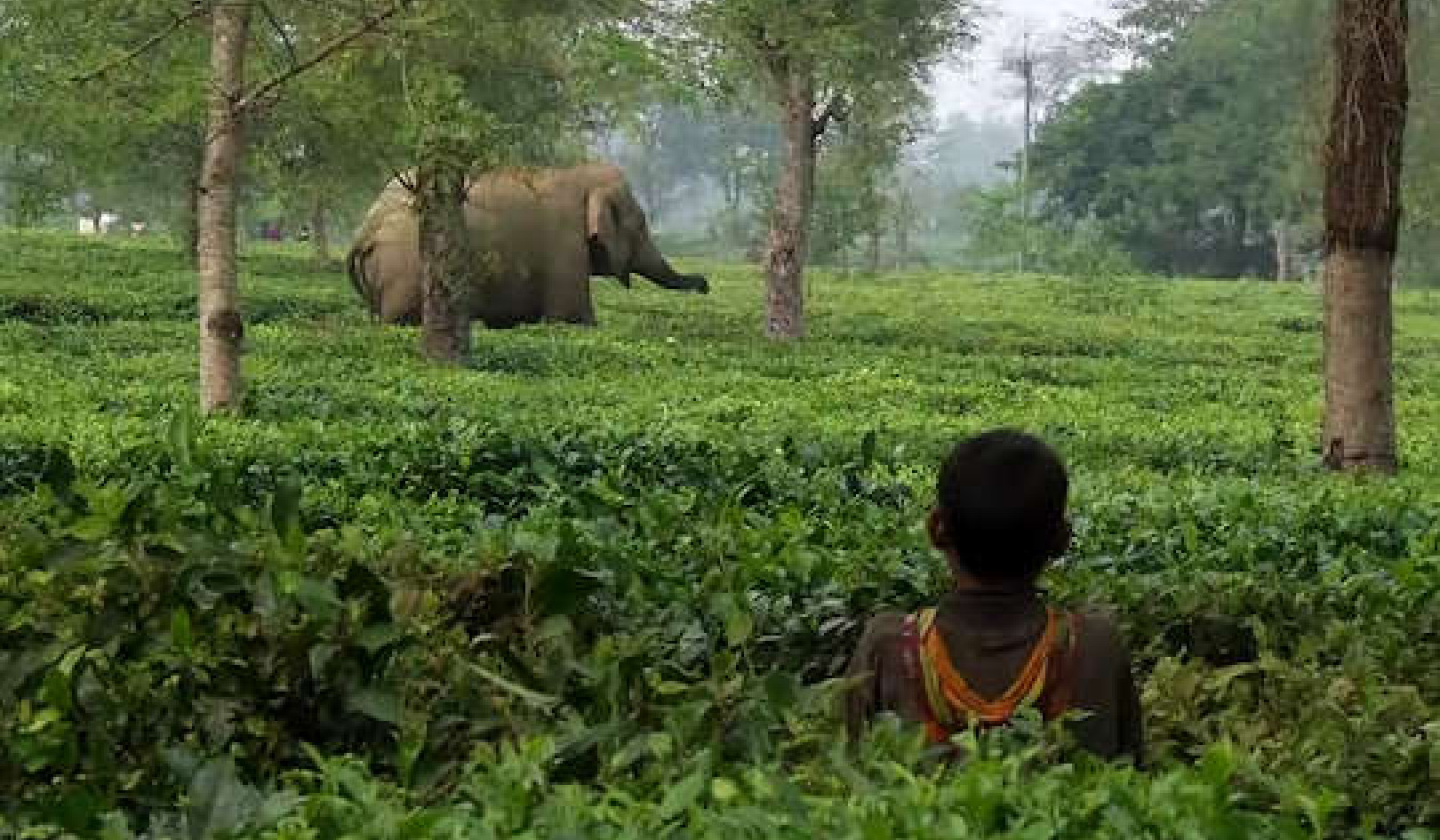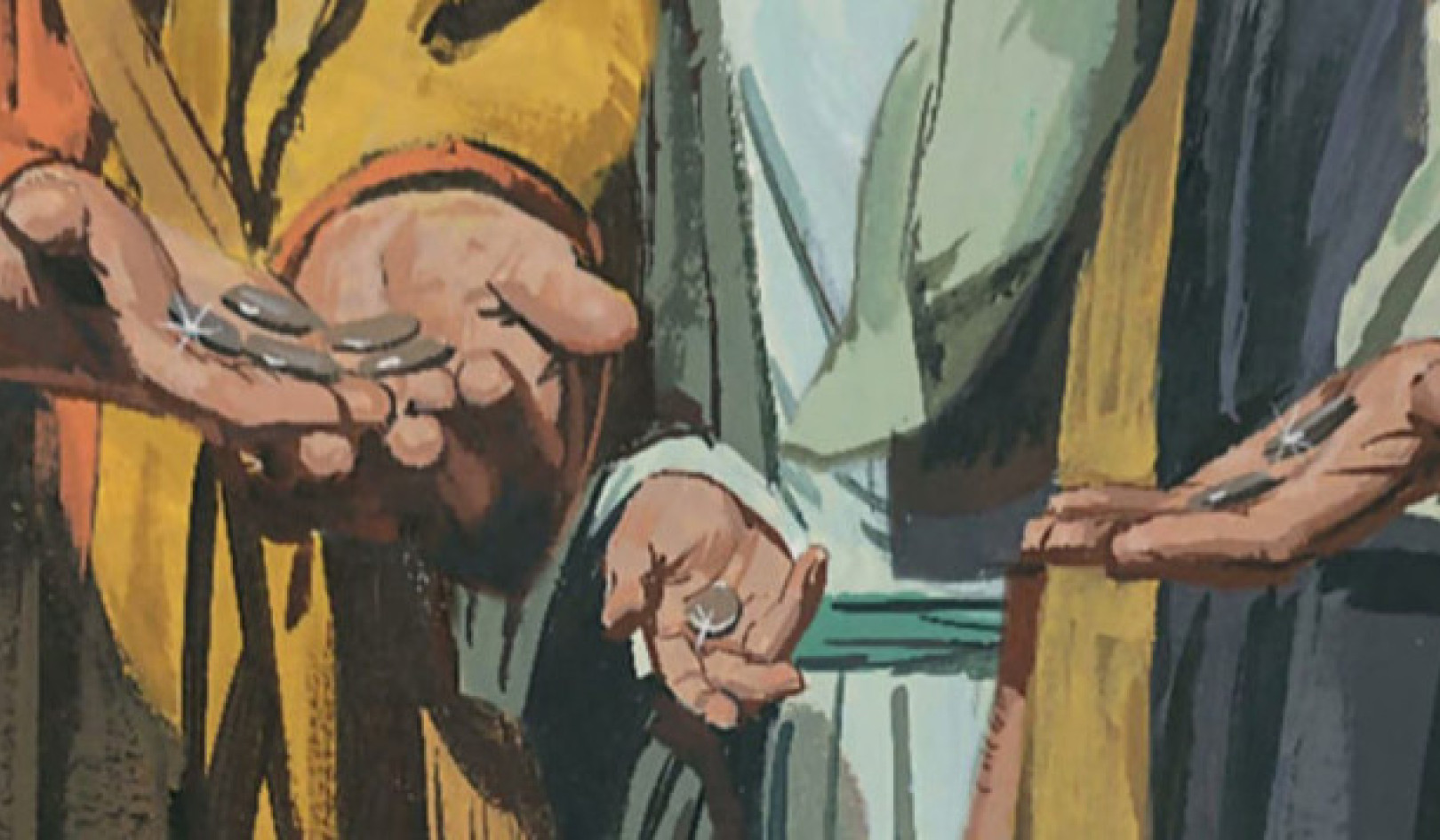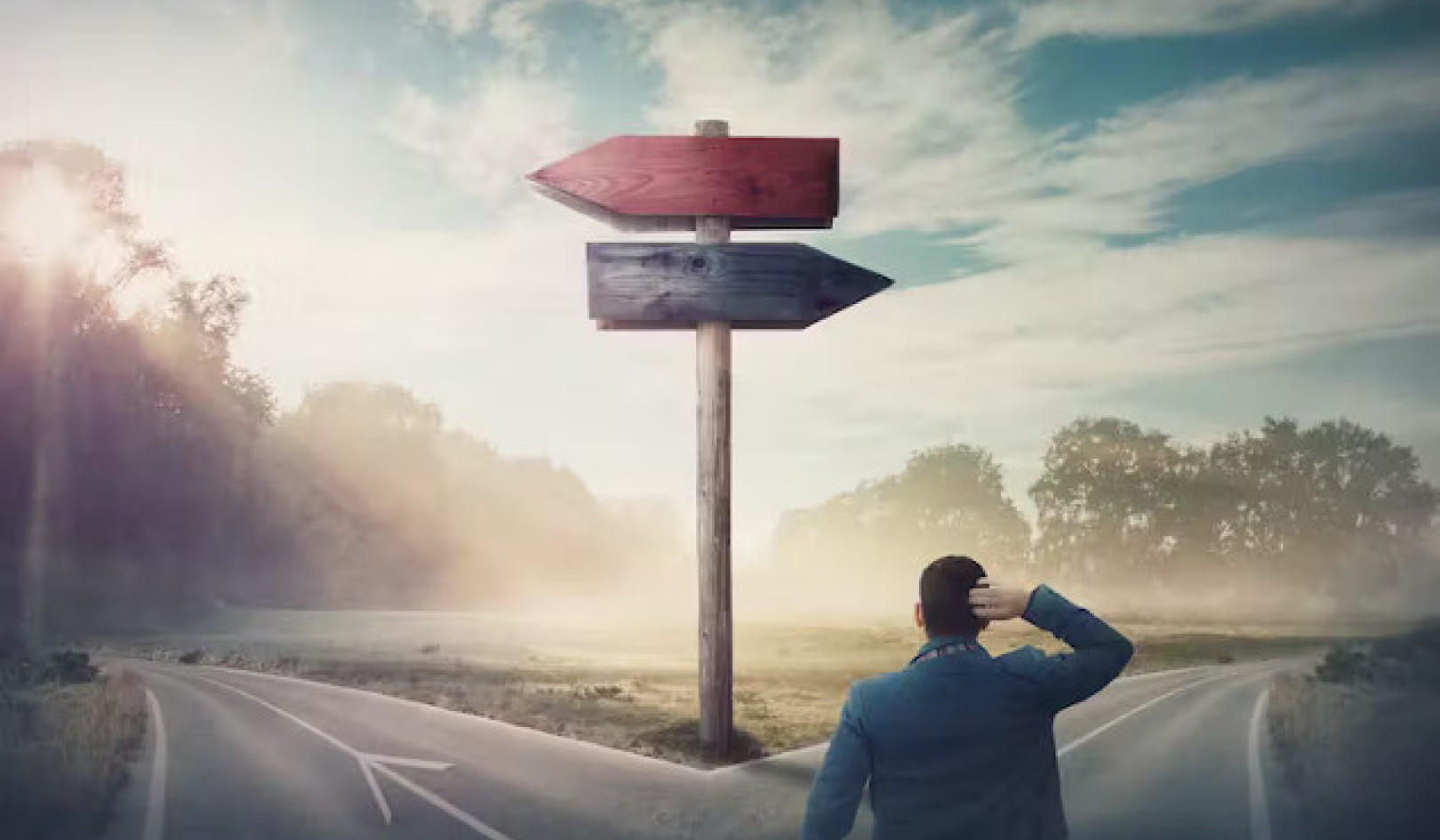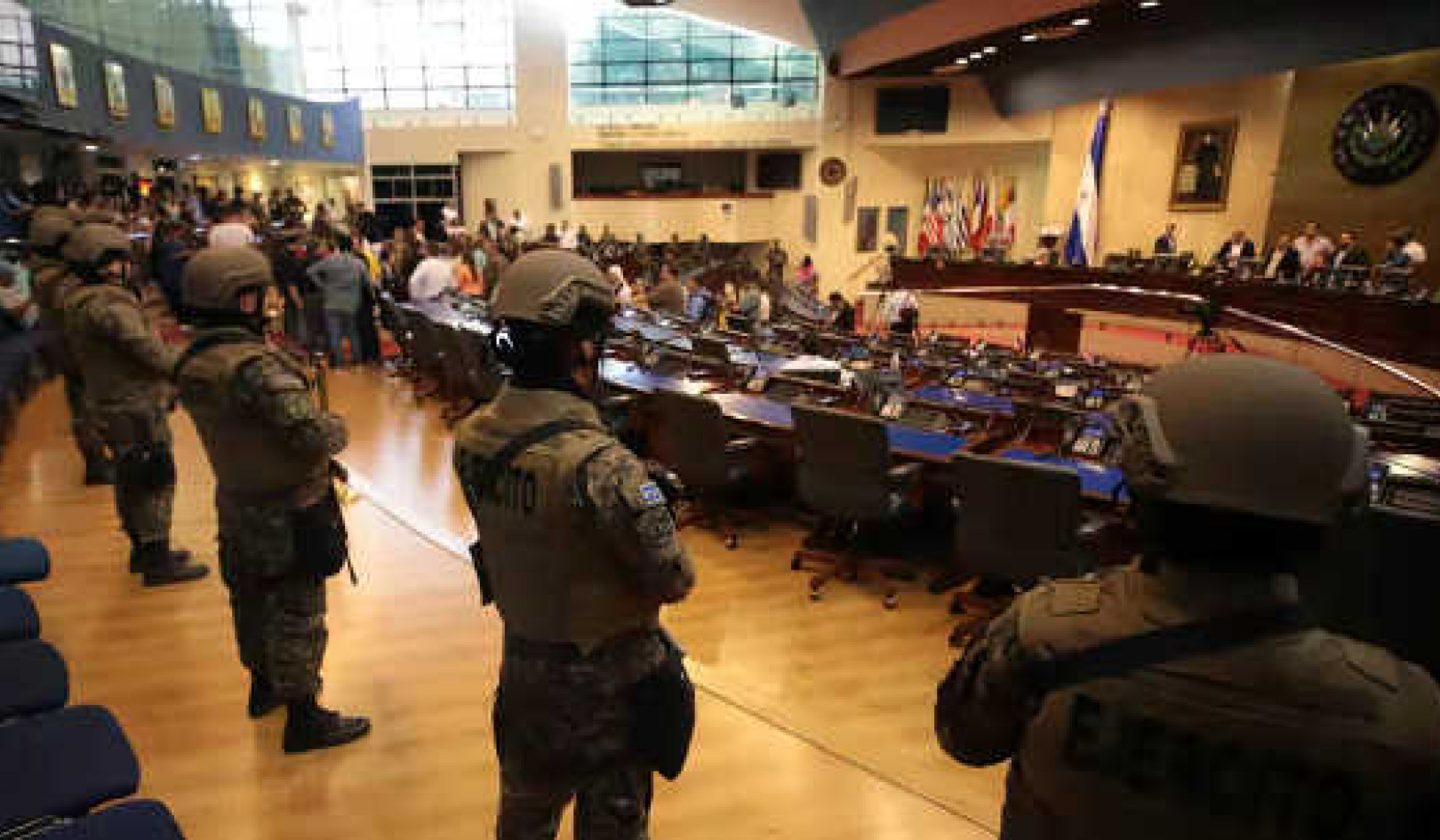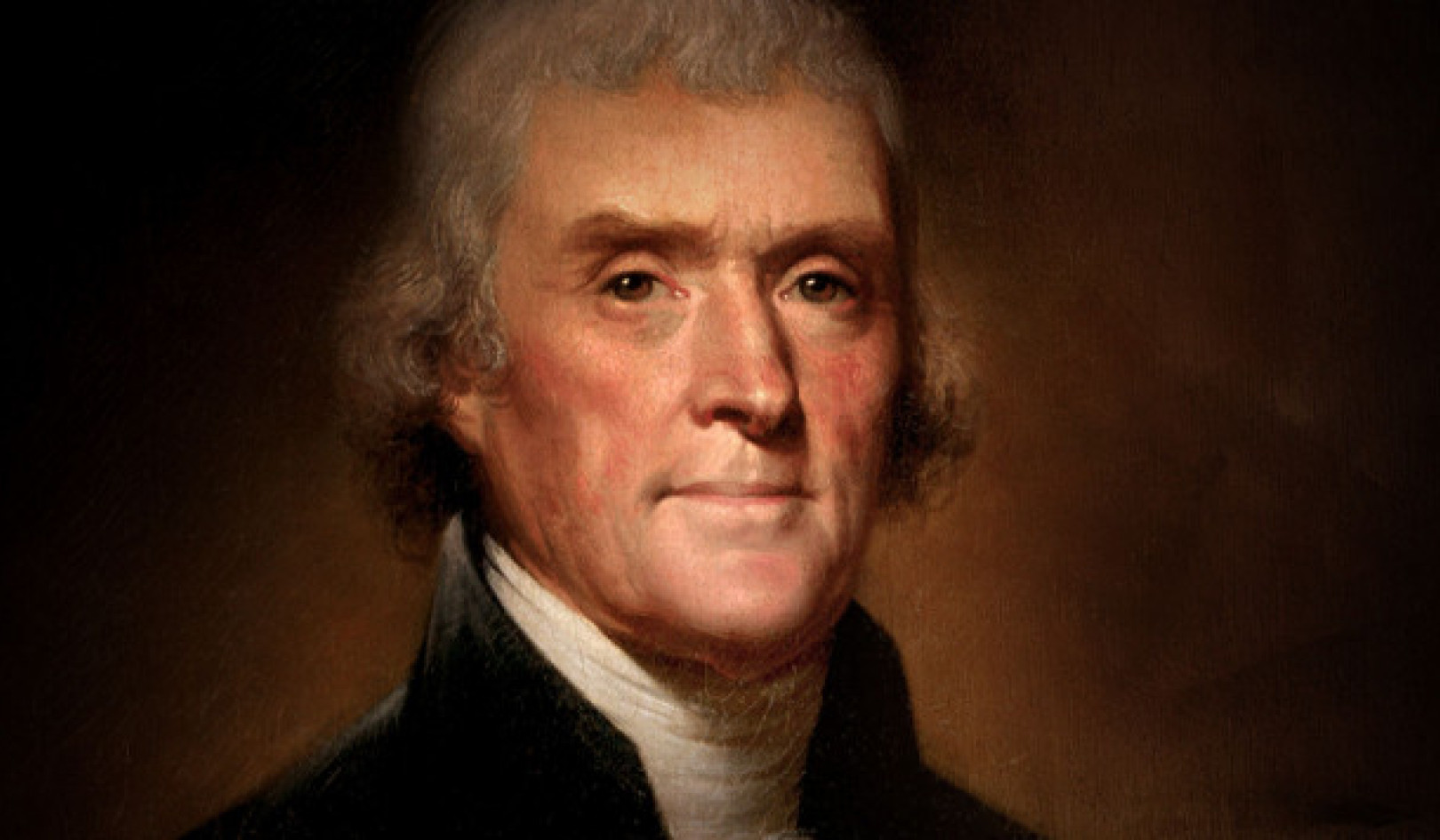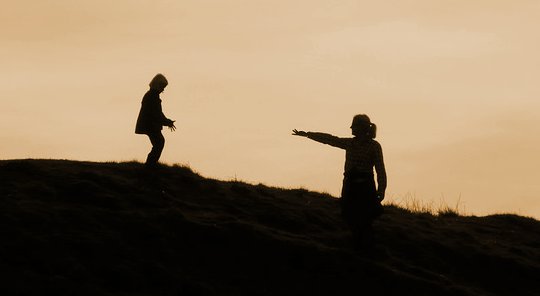
Most people agree on what they want out of life. They want the basics -- food, clothing, shelter, good health. They want a beautiful and healthy natural environment. They want opportunities -- education, jobs, and personal growth. They want human dignity and a spiritual life. They want love. They want peace.
What is so crazy is that most of these needs can be met, but we are not meeting them. We live in a world in which hundreds of millions live without adequate food, clothing, or shelter. Hundreds of millions are sick and live in poor environments, without the opportunity for a good education, jobs, or personal growth. Hundreds of millions struggle for human dignity and spiritual growth. There is not enough love, not enough peace.
It doesn't have to be this way. There are no laws of science or human nature that are preventing us from dramatically improving the world for all of us. There is no shortage of intelligence or resources.
The roadblocks are in our heads and hearts. There are historical animosities, as well as political and cultural differences, that run deep and are difficult to overcome. Attitudes are hard to change. But they can change. It takes time and effort. It takes education, negotiation, and the building of mutual understanding.
But it can be done. And it is worth doing.
How Can I Get Started?
1. What problems or issues trouble me or excite me the most?
2. Have I studied the problems or issues? How can I learn more?
3. Who is already working on these problems? What can I do?
4. Who can I invite to join me?
5. Can we start in our own neighborhood, or city, or state?
6. When are we going to get started?
Don't Worry About How Big A Difference
When you see a way to make a difference by loving people, or doing good, or succeeding, or being honest and frank, or thinking big, or fighting for the underdog, or building, or helping people, or giving your best -- do it. Do it because it gives you meaning and happiness. Don't worry about how big a difference it will make. The impact of your actions may be hard to judge in advance. In fact, you may never know all the impacts. You don't need to. All you need to know is that you have done something meaningful.
Paul Katz tells the story of something he did that was simple for him but had a big impact on the life of a young man. He must have been twelve years old that first summer, about twenty-five years ago.
I was fresh out of college, working as the director of a YMCA summer wilderness camp program for preadolescents. Gavin was an active, skinny kid with a mischievous quick wit and the propensity to be in the wrong place at the wrong time.
Our camp repeated a three-week program a few times during the course of the summer. Gavin was there all day, every day, all summer long. Over the course of those long summer days, it seemed that he learned every handhold and foothold of the rock faces we climbed, every rapid of the rivers we canoed, and every inch of the Appalachian Trail in Connecticut we hiked. He knew all the rules and, in the spirit of fun and mischief, knew how to break them without causing concern for safety.
I remember him as one of those kids that I grew to enjoy, but always, always kept a close eye on. I knew he would push the limit and test my authority, but I gave him freedom and room to explore anyway.
Coming into camp on the last night of our third and final weeklong backpack trip together, I noticed a hawk feather off to the side of the trail. The symbol of strength, grace, and natural beauty struck me at the time as the perfect way to acknowledge Gavin's participation in the program. The next morning, in a simple but serious ceremony, my co-leader and I presented him with the feather. We hiked out that day, and I'm not sure I thought about the feather again.
Twenty years later, I was working at a YMCA in western Massachusetts. In my leadership role, I was never surprised to be called to the member service desk to meet a prospective member. I was surprised, however, when the person across the desk from me looked at me and my name tag and said, "You are Paul Katz. Did you used to work in Westport, Connecticut? I'm Gavin."
I was astounded. His face was unmistakable, but he was more than six feet tall! In my mind's eye, of course, he was still the skinny little kid I remembered.
Gavin had just finished his graduate degree in social work, and attributed his career choice to the lessons he learned with me on the trail. He told me that that summer in the wilderness camp had been a turning point in his life.
"Do you remember the hawk feather you gave me at the end of camp?" he asked.
I did recall the simple ceremony all those years ago.
"I still have it," he said, explaining that it has traveled with him and always has a special spot in his bedroom. He asked if he could bring his new wife to the Y to meet me. She knew all about the hawk feather. She had heard about his time in the wilderness and had heard stories about me. I was honored in an indescribable way as I told Gavin I looked forward to meeting his wife.
Paul learned a valuable lesson: an action that seems small to us can have a big impact on somebody else.
"The gift I received from Gavin that day taught me that we must support, challenge, and guide the lives of young people," Paul says. "They may not show their appreciation, or even acknowledge our efforts. In fact, we may never know if we've made an impact. But we should support, challenge, and guide them, anyway."
Do I Know How Big A Difference I Can Make?
1. Can I recall a small act of kindness or recognition that made a big impact on me?
2. Can I recall a small act of my own that made a big impact on somebody else?
3. What small act of kindness or recognition can I carry out today? Tomorrow?
Don't Think You Have Too Little to Offer
Making a difference is something that each of us can do... Whatever our condition, whatever our talent or ability, each of us can make a difference.
I remember a situation in which I knew so little that it opened up an opportunity for me to help others. I was a law clerk during the summer of 1975 at the Tokyo office of an international law firm. The lawyers there were mostly Americans serving as advisors on U.S. law.
I was one of five law clerks, and the other four were far ahead of me in their Japanese language ability. I was assigned to translate Japanese legal documents, which included a lot of specialized and archaic legal terms. I sat there, day after day, surrounded by dictionaries, looking up words. It was tedious, painstaking work.
Because I knew that I was likely to come across the same terms again and again in other documents, I decided to write down the definition of each new term as I went along. By the end of the summer, I had created a small dictionary of Japanese legal terms and their English translations. I gave it to the senior partner, suggesting that it might be helpful to law clerks in the future. He was delighted. He thumbed through the pages and then turned to me and smiled. "You turned a shortcoming into a contribution," he said simply.
In small ways or big, each of us can find a way to make a difference. Sometimes, in discovering how to make the best of a bad situation, we discover how to make things better for others, and derive personal meaning in the process.
Do I Know What I Have To Offer?
1. Do I have a unique skill or hobby? Can I use it to make a difference?
2. Do I have the patience to do things that others won't do? Can I use that personal quality to make a difference?
3. Do I have a shortcoming or limitation that I can turn into a contribution?
Reprinted with permission of the publisher, New World Library, Novato, CA.
©2008. www.newworldlibrary.com or 800-972-6657 ext. 52.
Article Source:
 Do It Anyway: Finding Personal Meaning and Deep Happiness by Living the Paradoxical Commandments by Kent M. Keith.
Do It Anyway: Finding Personal Meaning and Deep Happiness by Living the Paradoxical Commandments by Kent M. Keith.
For More Info or to Order This Book.
About the Author
 Kent M. Keith is the author of Do It Anyway, Jesus Did it Anyway and Anyway: The Paradoxdical Commandments. He has appeared in national media from Today to the New York Times. A former attorney and university president, he is a popular speaker on finding personal meaning in a chaotic world. His website is www.kentmkeith.com. Visit him also at www.paradoxicalcommandments.com.
Kent M. Keith is the author of Do It Anyway, Jesus Did it Anyway and Anyway: The Paradoxdical Commandments. He has appeared in national media from Today to the New York Times. A former attorney and university president, he is a popular speaker on finding personal meaning in a chaotic world. His website is www.kentmkeith.com. Visit him also at www.paradoxicalcommandments.com.






















